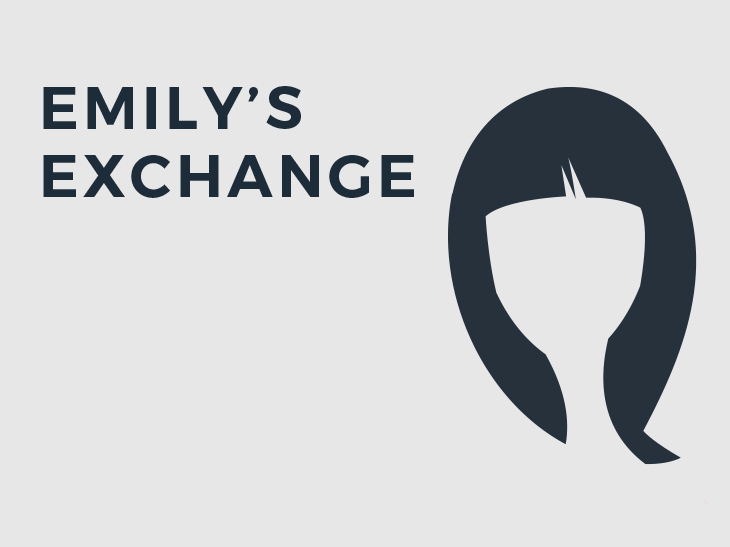This year’s unusually warm September seems to have prolonged that care-free summer feeling. But now the mornings are a little darker it is difficult to ignore that it really is back to school, and nothing wakes up the financial markets quite like a US election.
On Monday evening we had the first of the presidential candidate debates. This was the most popular political debate ever. 84 million people tuned in; generating 73.8 million likes, comments, posts and shares on Facebook. With those numbers the markets weren’t going to ignore this event. The debate showed us we’re in for a close match. CNN put Clinton and the Democrats on top with 62% of the poll; but others were calling Trump as the winner, and #TrumpWon was trending on Twitter on Tuesday. The markets seemed to favour a Clinton victory as the Mexican Peso appreciated by 3% in the two days following the debate. Until the election result on 9 November we can expect volatility in the asset classes most impacted by the election.
This week we also had some interesting news out of the commodities market. The Organization of the Petroleum Exporting Countries (OPEC) finally struck an agreement to limit the supply. The markets have been waiting for this for most of the year and its partly why we have seen such a low barrel cost for oil. The European reference for oil (BRENT) went up by 7% in a single day in response to the news. The final agreement won’t become clear until they meet in Vienna in November, but this is good news for oil prices. We could expect more inflation in the medium term; as we currently have weak economic growth around the world, it will be interesting to see how, or even if, this has any real impact on the global economy. In the short term I’d be surprised if you saw a sharp increase in the prices you pay at the pump.
Announcements from Minouche Shafik, the deputy governor of the Bank of England, this week suggested that quantitative easing is here to stay. At a conference she said that interest rates are likely to stay low as the global economy now relies on this. That means that central banks are relying on other, less conventional, methods to boost the economy. This had a big impact on government bonds, particularly guilt. Whilst this is good news for investors with bonds in their portfolios it is unclear what the long-term unintended consequences will be. We are stuck in an environment where monetary policy is having a limited impact on growth and ultimately this could be bad for the future employment market.
Don’t forget to send in any questions if you want me to explore anything in particular. This column only works if it helps you.





